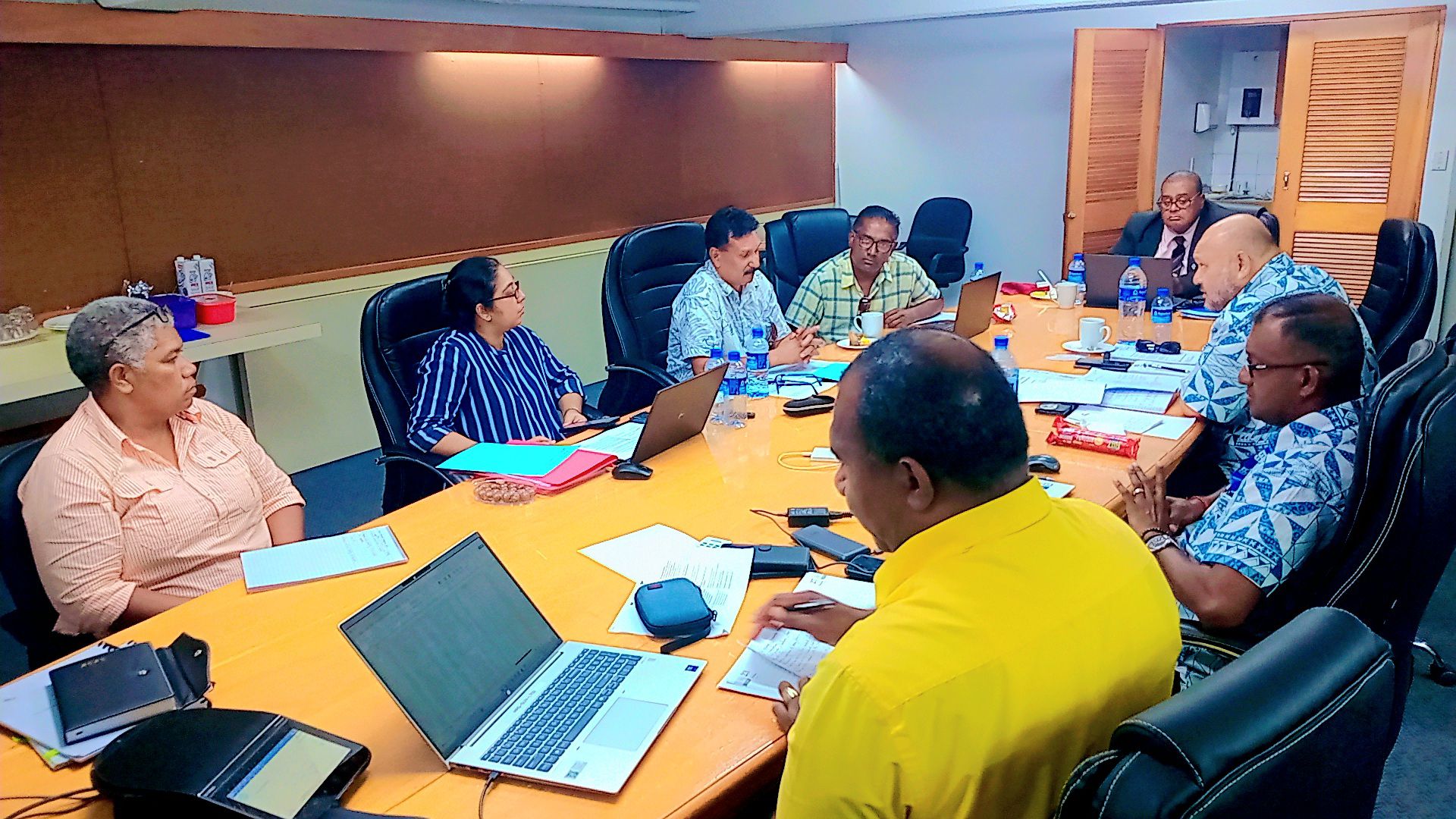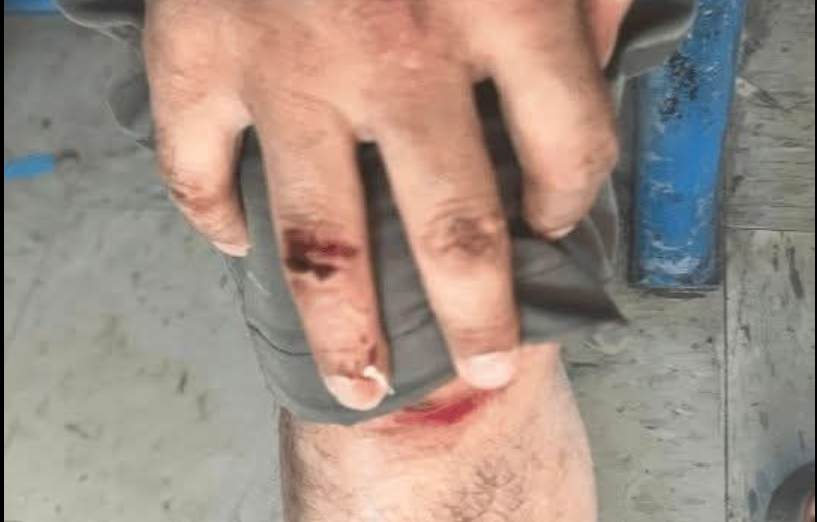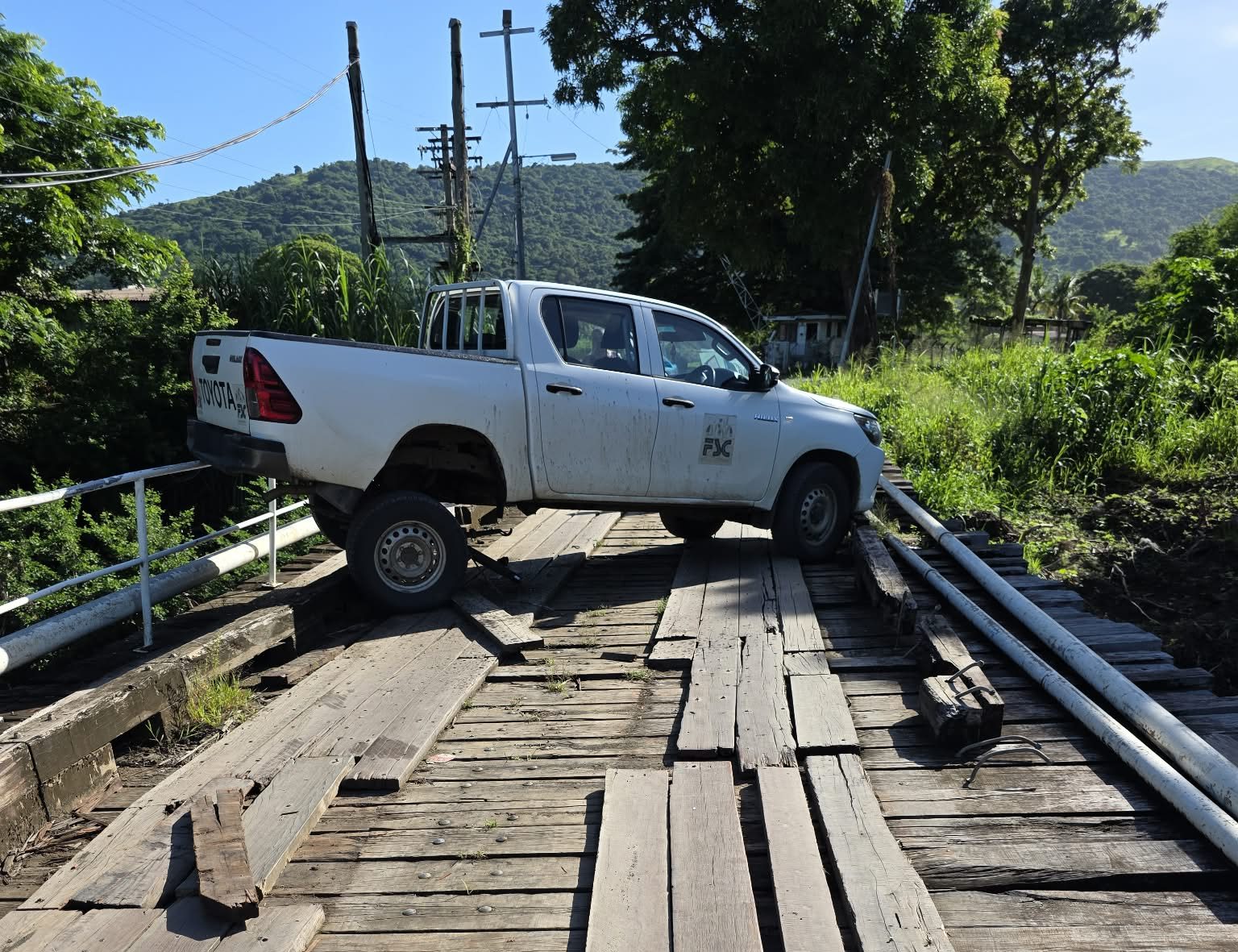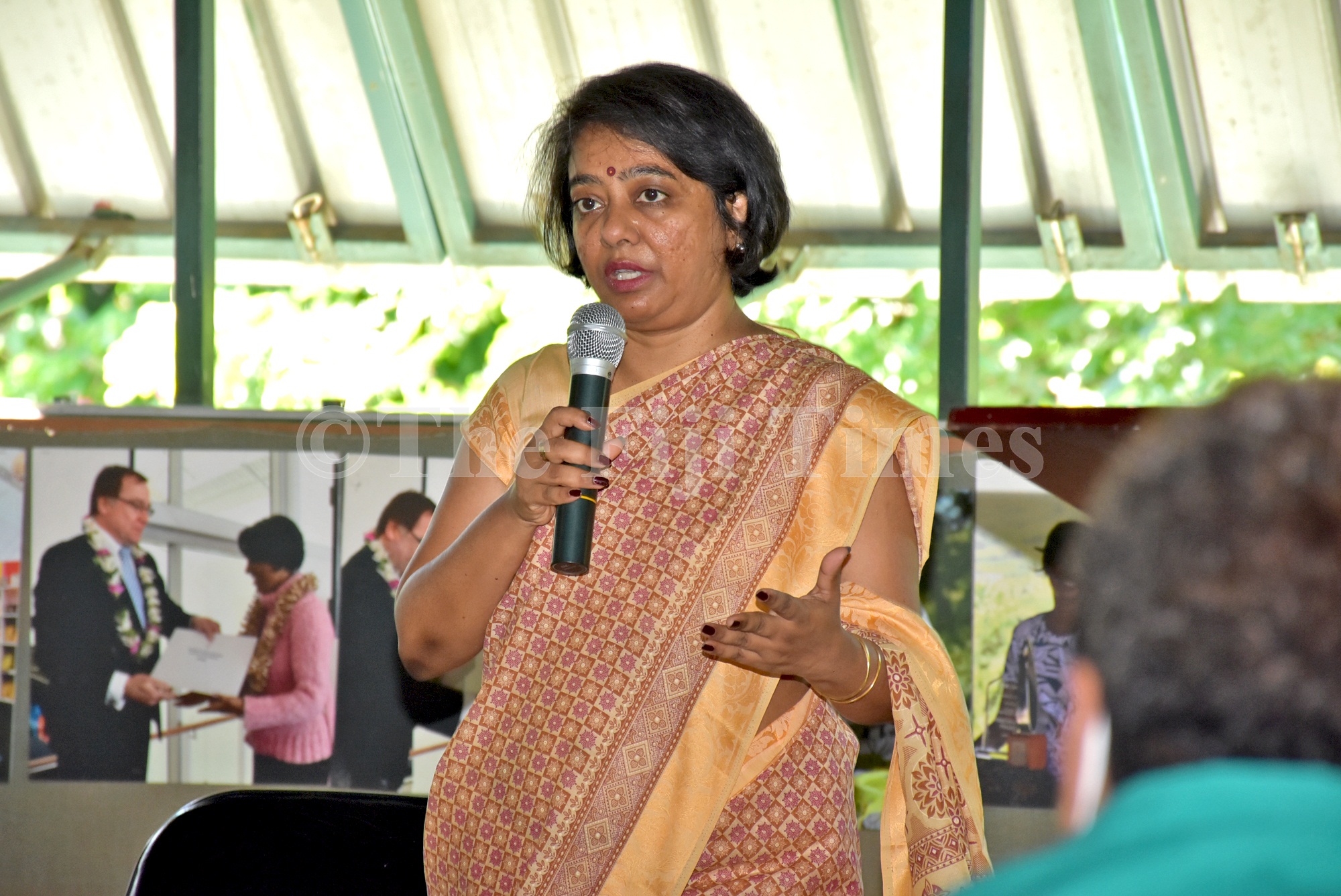The starting gun has been fired in the six-week referendum campaign on an Indigenous Voice to parliament.
Prime Minister Anthony Albanese, launching the Yes vote in the northern Adelaide suburb of Elizabeth on Wednesday, called on supporters to “sprint” to the October 14 finish line.
“With your energy and enthusiasm, this referendum can be won,” he said to a packed room at the Playford Civic Centre.
“And when Yes wins, all Australians will win.”
The Yes and No camps will marshall thousands of volunteer supporters to knock on doors, hand out flyers and talk to Australians to try to persuade them to vote their way.
An advertising blitz is also expected to wash over the country.
South Australian Yes activist and AFL executive Tanya Hosch said the Yes campaign now had 35,000 volunteers ready to go to work.
But the referendum outcome looks set to be a close one, with opinion polls suggesting support has flagged in recent weeks.
South Australia is expected to be a key battleground and recent opinion polls have earmarked the state, along with Tasmania, for a tight race.
A survey of 605 South Australians by think tank The Australia Institute suggested the Yes vote now had the upper hand in the state, 43 per cent to 39 per cent.
One in five South Australians (18 per cent) remain undecided.
Meanwhile, separate polling from the Institute of Public Affairs suggested Tasmania was leaning towards a No vote.
The survey of 1156 Tasmanians found 53 per cent were inclined to vote no, with just 42 per cent in support. Five per cent said they were undecided.
For the referendum to succeed, the Yes campaign needs to win four states and the national result to achieve a double majority.
The Voice is Australia’s first referendum since 1999 when people were asked to consider if the nation should become a republic. The last successful referendum occurred in 1977.
The Voice proposal would reconfigure Australia’s Constitution to embed a permanent Indigenous-led advisory body, which may make representations to the parliament and executive government on matters affecting Indigenous Australians.
The Australian Electoral Commission has distributed pamphlets from both camps outlining the arguments for or against a Voice.
The No camp is being led by Country Liberal Party senator Jacinta Nampijinpa Price and Indigenous advocate Nyunggai Warren Mundine under the Fair Australia banner.






